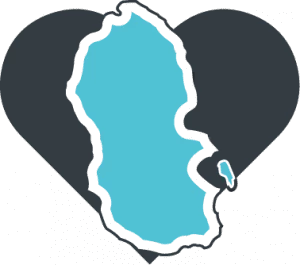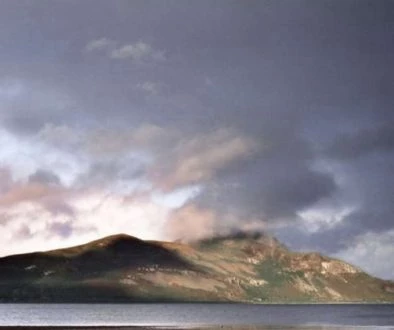
What’s In a Name?
The Isle of Arran’s place names and their meanings
At Love Arran we have often wondered what the names of the towns and hills around the Isle of Arran actually mean.
We therefore set about preparing the list. Most of the names are self-explanatory and based on the topography of the land in different languages. There are a few which are quite intriguing.
B
Beinn Tarsuinn – oblique, diagonal mountain – Gaelic
Brodick – broad bay – Norse
C
Catacol – ravine of the wild cats – Norse
Cioch na h-Oighe – breast of the virgin – Gaelic
Cir Mhor – the great crest – Gaelic
Cladach – at the shore – Gaelic
Clauchlands – rocky enclosure – Gaelic
Corrie – cauldron – Gaelic
Corriegills – cock-ptarmigan valley
D
Dippen – twopenny land- Gaelic
Dougrie – dark thicket- Gaelic
Drumadoon – ridge of the fort- Gaelic
G
Glen Rosa – horse-river valley- Gaelic
Glen Shant – glen of the charm- Gaelic
Goatfell – goat mountain – Norse
I
lorsa – gravel-bank river- Norse
K
Kilmory – the church of Mary- Gaelic
Kiscadale – glen of the coffin – Norse
L
Lagg – a hollow- Gaelic
Lamlash – island of Molas- Gaelic
Lochranza – loch of the rowan tree river -Norse
M
Machrie – coastal field, plain – Gaelic
Monamore – the big hill – Gaelic
P
Penrioch – speckled pennyland – Gaelic
Pirnmill – mill of the reel, bobbin -Scots
S
Sannox – sandy bay – Norse
Shedog – windy place – Gaelic
Shiskine – a marsh – Gaelic
Sliddery – slippery – Norse
T
Thundergay – backside to the wind- Gaelic
W
Whitefarland – white land between sea and hill Norse
Whiting Bay – bay of the whiting fish
–
This is just a start If there are more location names that you wish to find out the mean of then feel free to comment below and we will endeavour to find out what it means. One condition it must be on the Isle of Arran.
.




April 9, 2024 @ 5:34 pm
In the 17th or 18th century the large peak behind Brodick Castle was called Goatfield Hill, which doesn’t agree with the Norse origin. However the name for Goatfell in Scott’s ‘Lord of the Isles’ is ‘Ben-Ghoil’ which I think means windy hill. Modern Scots Gaelic appears to be Beinn Ghaothach. I therefore think that the vowels have become switched and read as ‘goat’. So I suggest that Goatfell is actually derived from Gaelic for windy hill or mountain, and if you’ve ever been up there, you will agree that it is an accurate description.